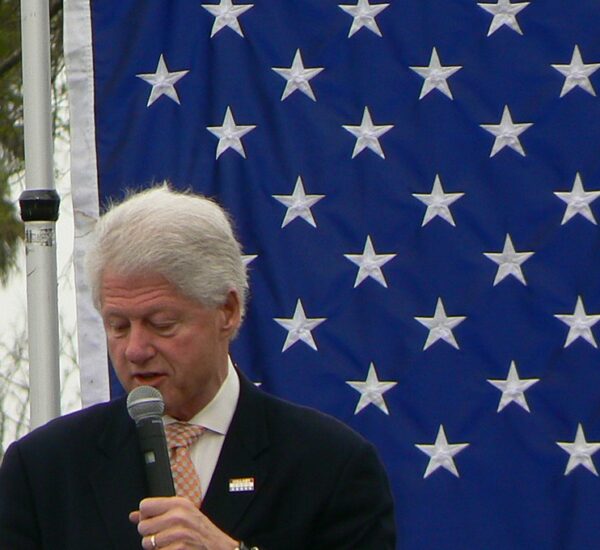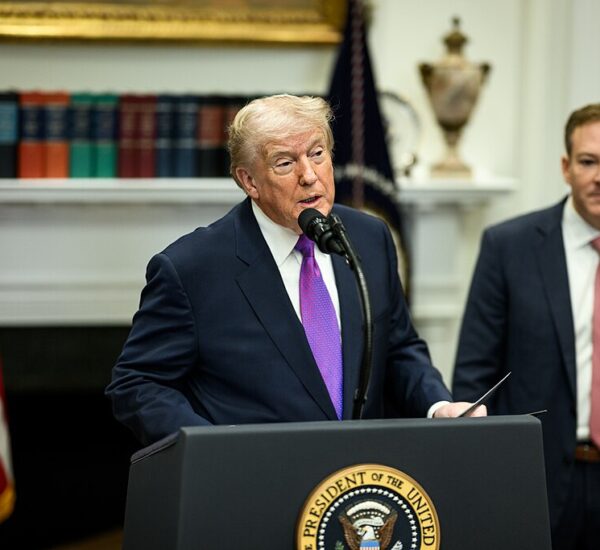Republican Governor Sued By Democrats
The Democratic Party of Georgia has taken legal action against Governor Brian Kemp, challenging the constitutionality of a recent campaign finance law. Filed in federal court, their complaint seeks to overturn a 2021 legislation permitting leadership committees in the state, which Democrats argue unfairly favors Republicans by allowing unrestricted fundraising capabilities. These committees, Democrats contend, give GOP candidates an undue advantage in accumulating financial resources, particularly through the influence of incumbency.
Former Georgia State Senator Jen Jordan, representing the Democratic Party in this lawsuit, emphasized the infringement on free speech rights caused by such laws. “If one side can amass unlimited funds while the other is constrained, it undermines the principle of equal opportunity,” Jordan stated. “Fair competition requires a level playing field, where all parties operate under equitable conditions.”
In response, Republican strategist Stephen Lawson criticized the Democratic stance, dismissing their claims of inequality. “Democrats seem unwilling to compete under fair rules that apply to everyone,” Lawson remarked. “Their resort to legal challenges reflects a lack of leadership and strategic competence.”
The 2021 legislation, while enabling Democrats to also establish leadership committees, is seen by the party as rendering individual contribution limits inconsequential in the face of unlimited committee funds. This disparity, Democrats argue, nullifies the intended fairness of campaign finance regulations, allowing well-funded incumbents like Governor Kemp to wield disproportionate influence over electoral outcomes.
Kevin Olasanoye, Executive Director of the Democratic Party of Georgia, further underscored the inconsistency in allowing unlimited contributions through leadership committees while simultaneously enforcing caps on individual candidate donations. “The current law undermines the integrity of our electoral process,” Olasanoye asserted. “It creates a loophole that undermines the spirit of campaign finance limits meant to prevent undue influence.”
With Governor Kemp’s leadership committee, Georgia First, empowered to bolster GOP candidates financially, Democrats are concerned about the potential for skewed electoral outcomes. Particularly in the absence of a Democratic gubernatorial contender this year, the imbalance in fundraising capabilities threatens to further tilt the electoral landscape against them.
In summary, the Democratic Party of Georgia’s lawsuit against Governor Kemp reflects broader concerns about the fairness and equity of campaign finance laws. Their challenge aims to restore balance and uphold the principles of democratic competition in Georgia’s electoral process, amidst allegations of partisan advantage and regulatory loopholes favoring incumbents.






